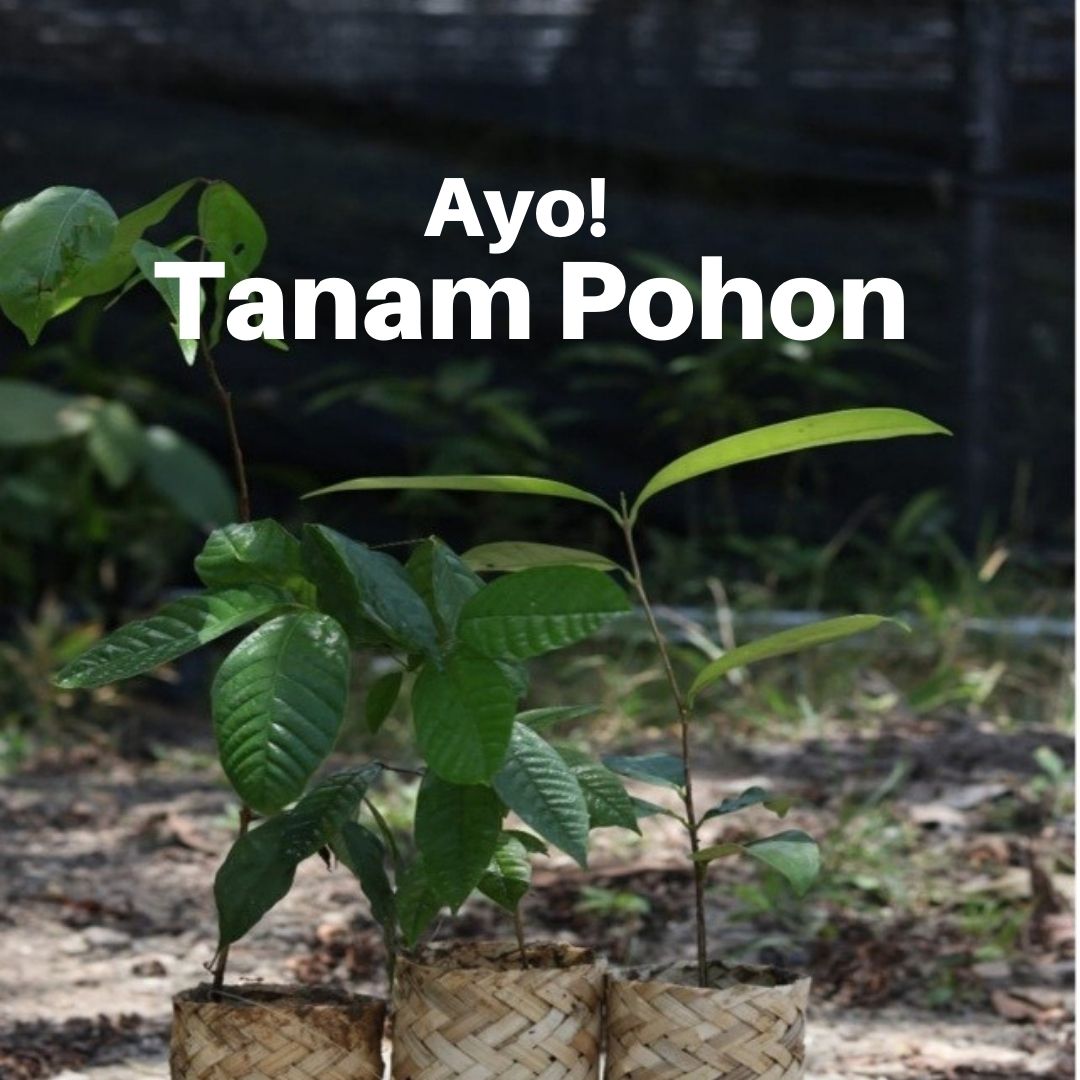The Ministry of Forestry of Indonesia (Kemenhut) is finalizing four derivative regulations to strengthen carbon trading governance across the country. This initiative aims to ensure integrity, transparency, and effectiveness in the implementation of the Carbon Economic Value (Nilai Ekonomi Karbon / NEK) framework within the forestry sector.
Vice Minister of Forestry Rohmat Marzuki announced the development during the Ministerial Dialogue session titled “Accelerating Climate Action through Inclusive and Integrated National Policies” at the Indonesia Pavilion, COP30 UNFCCC, in Belém, Brazil, on Monday (November 10, 2025).
Vice Minister Rohmat explained that the forthcoming regulations include revisions to:
- Ministerial Regulation (Permen LHK) No. 7/2023 on procedures for carbon trading in the forestry sector;
- Permen LHK No. 8/2021 concerning forest zoning and management plans;
- Permen LHK No. 9/2021 on social forestry management; and
- a new regulation governing the utilization of environmental services within conservation areas.
“These four regulations will serve as a strong legal foundation for building a credible, transparent, and inclusive carbon market,” said Rohmat.
He further emphasized that the issuance of Presidential Regulation (Perpres) No. 110 of 2025 on Carbon Economic Value marks a pivotal milestone in Indonesia’s national carbon governance. The regulation reinforces the strategic role of the forestry sector as a major provider of high-integrity carbon credits that deliver direct benefits to local communities through social forestry programs and degraded land rehabilitation initiatives.
In October 2025, the Ministry of Forestry also expanded its global partnerships by signing a Memorandum of Understanding (MoU) with the International Emissions Trading Association (IETA). The collaboration focuses on capacity building, knowledge exchange, and private sector engagement to accelerate the growth of Indonesia’s national carbon market.
“All of these efforts align with President Prabowo Subianto’s Asta Cita vision, particularly regarding food security and environmental stewardship. The forestry sector now serves as a driver of institutional reform and governance modernization to achieve a balance between economic progress and ecological sustainability,” Rohmat asserted.
To accelerate transformation within the sector, the Ministry has launched five flagship programs:
- Digitalization of public services;
- Strengthening community-based and customary forest management;
- Developing agroforestry systems;
- Enhancing forest conservation; and
- Implementing a One Map Policy to reduce land-use conflicts.
These reforms have already produced tangible results. The total area affected by forest fires in Indonesia has dropped significantly—from 2.6 million hectares in 2015 to approximately 213,000 hectares in 2025. The Ministry has also modernized 57 national parks through digital monitoring systems and the development of sustainable ecotourism initiatives.
In the green economy sector, the Ministry has expanded the Multi-Business Forestry (MUK) scheme to encourage the diversification of non-timber forest enterprises, including honey, rattan, resin, medicinal plants, and carbon-based environmental services. This initiative is projected to generate over 240,000 green jobs.
By 2025, 8.4 million hectares of forest area have been allocated for social forestry, directly benefiting 1.4 million households and creating 5.6 million new jobs. The Ministry has also partnered with Indonesia’s Financial Services Authority (OJK) to integrate social forestry into the National Green Taxonomy, while facilitating the recognition of 70,688 hectares of customary forests, with a target of 1.4 million hectares by 2029.
“Indonesia’s success in tackling climate change can only be achieved through collaboration between the government, communities, the private sector, and international partners. For a tropical forest nation like ours, this cooperation is not merely an option—it is a necessity,” concluded Rohmat.
He reaffirmed that Indonesia is now ready to position itself as a global carbon market hub, offering high-integrity carbon credits that not only advance global climate ambitions but also enhance the welfare of local communities.
***




